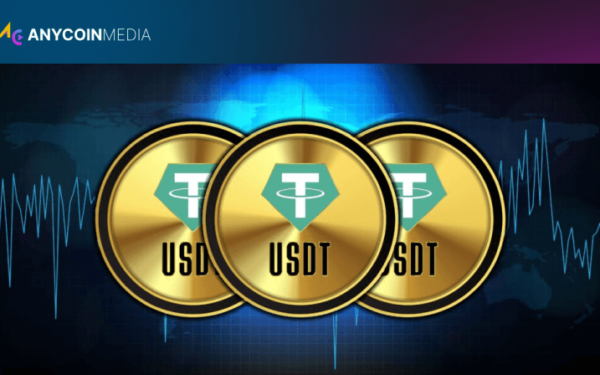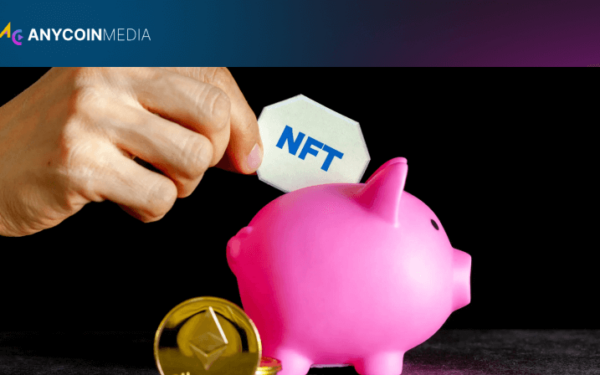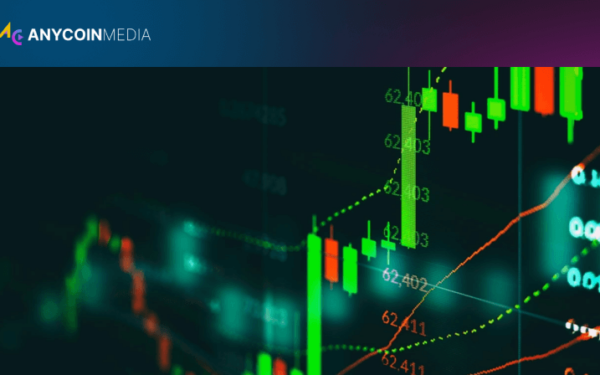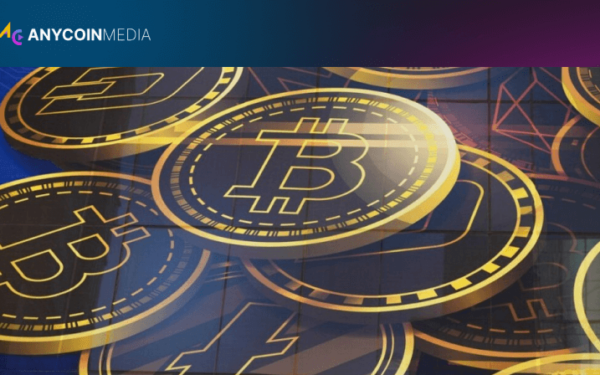With the rise of blockchain and decentralized finance, prediction markets have emerged as an exciting application that combines crowd knowledge with economic incentives. Decentralized prediction markets, in particular, are an innovative method of predicting future events, using the power of blockchain to create prominent, censorship-resistant structures for speculating on the implications for a wide range of domain names.
At its core, a prediction market is a platform where people can bet on the outcome of events of fate. These activities range from political elections and sporting event results to currency notes and technological improvements. The fundamental precept underlying prediction markets is that the collective wisdom of a diverse group of participants can regularly produce better predictions than either male or female professionals.
Traditional forecast markets have existed for decades, but they often face limitations such as geographic restrictions, regulatory hurdles, and centralized management. Decentralized prediction markets aim to overcome these barriers using the blockchain era to create open, global structures without a central authority.
Decentralized prediction markets boast several distinctive features that set them apart from their centralized counterparts:
These features create a unique atmosphere where participants can engage in speculative sports with extraordinary freedom and transparency. Blockchain technology provides an immutable record of all transactions and results, and intelligent contracts automate entering the market, agreeing on assumptions, and distributing credits.
The idea of tokenized staking is particularly innovative because it allows for the creation of liquid markets in which participants must buy and promote stocks, representing various effects. This liquidity enables dynamic pricing that reflects the collective opinion of market participants in real-time.
The mechanics of decentralized prediction markets are built upon a foundation of smart contracts and tokenomics. When a new market is created, it typically follows a structured process:
This process is designed to be entirely automated and transparent, with each step recorded on the blockchain. The use of oracles — external data sources that provide real-world information to the blockchain — is crucial for accurately determining event outcomes and ensuring fair settlement.
One of the most intriguing aspects of decentralized prediction markets is their potential to aggregate information from a diverse group of participants. By incentivizing accurate predictions with financial rewards, these platforms can potentially produce more reliable forecasts than traditional methods.
Several platforms have emerged as leaders in the decentralized prediction market space, each with its own unique features and focus areas:
These platforms vary in terms of their underlying blockchain technology, token economics, and target markets. For example, Augur, built on Ethereum, focuses on providing a fully decentralized infrastructure for market creation and resolution. Polymarket, on the other hand, emphasizes user-friendly interfaces and popular event categories to attract a broader audience.
A comparison of some key features across these platforms illustrates the diversity in the ecosystem:
[table]
| Platform | Blockchain | Native Token | Focus Area |
| Augur | Ethereum | REP | Full decentralization |
| Gnosis | Ethereum | GNO | Prediction tools |
| Polymarket | Polygon | USDC | User-friendly interface |
| Omen | xDai | DAI | Low-cost transactions |
| Insight | Solana | INS | High-speed trading |
[/table]
This table highlights the different approaches taken by various platforms to address the challenges and opportunities in the decentralized prediction market space. The choice of blockchain, for instance, can significantly impact transaction speeds and costs, while the native token model affects how users interact with the platform and participate in governance.
Decentralized prediction markets have a wide range of potential applications across various industries and domains. Some of the most promising use cases include:
The versatility of these platforms allows for the creation of markets on virtually any verifiable future event. This flexibility has led to some creative and unconventional markets, such as predicting the outcomes of scientific experiments or the adoption rates of new technologies.
One particularly intriguing application is in the realm of governance and decision-making. By creating markets around potential policy outcomes, organizations can gauge the expected impact of different choices and make more informed decisions. This concept of “futarchy,” proposed by economist Robin Hanson, suggests using prediction markets as a tool for selecting policies based on their predicted effects.
While decentralized prediction markets offer exciting possibilities, they also face several challenges that must be addressed for widespread adoption:
The regulatory landscape for prediction markets varies significantly across jurisdictions, with some countries viewing them as a form of gambling. This uncertainty can limit participation and hinder the growth of these platforms. Additionally, the reliance on oracles for event resolution introduces potential points of failure or manipulation, which could undermine the integrity of the markets.
Market manipulation is another significant concern, particularly in markets with low liquidity. Bad actors could potentially influence outcomes by placing large bets or spreading misinformation. Platforms are continually developing mechanisms to detect and prevent such manipulative behavior, but it remains an ongoing challenge.
Ethical considerations also come into play, especially when markets are created around sensitive topics or events that could incentivize harmful behavior. Striking a balance between free market principles and responsible platform management is a delicate task that each project must navigate.
As blockchain technology continues to mature and adoption grows, decentralized prediction markets are poised for significant development. Future trends and innovations in this space may include:
The potential for decentralized prediction markets to revolutionize forecasting and decision-making processes is substantial. As these platforms evolve, they may become powerful tools for harnessing collective intelligence and improving our ability to anticipate future events.
Decentralized prediction markets represent an exciting intersection of blockchain technology, gaming ideas, and crowd knowledge. By providing open and transparent structures for speculating on future effects, these markets provide a unique forecasting technique that has the potential to disrupt traditional strategies across a wide range of industries.
As generations age and become more popular, decentralized prediction markets are also crucial to how society gathers statistics, makes choices, and prepares for destiny. From niche blockchain programs to mainstream forecasting tools, the journey of these entities promises to be as unpredictable and exciting as the markets themselves.





